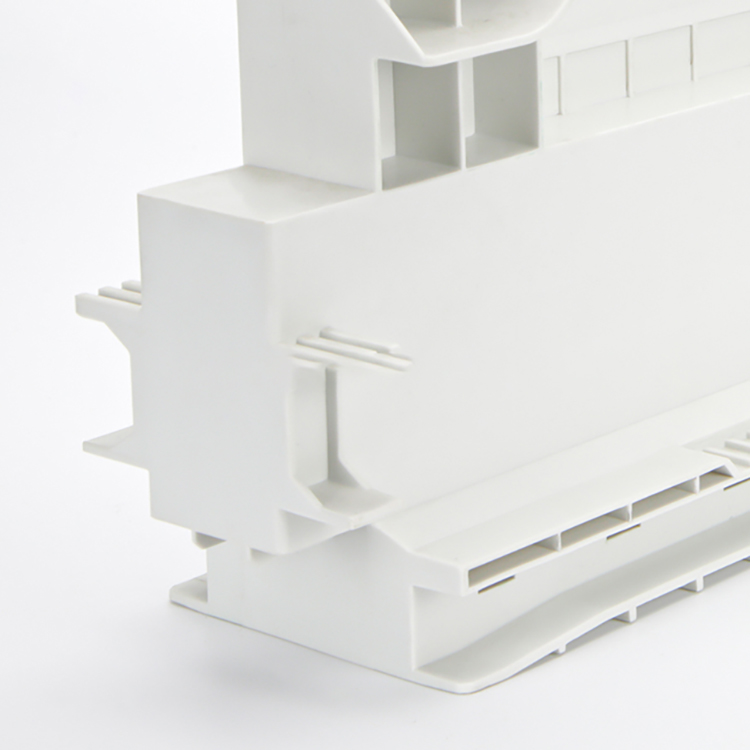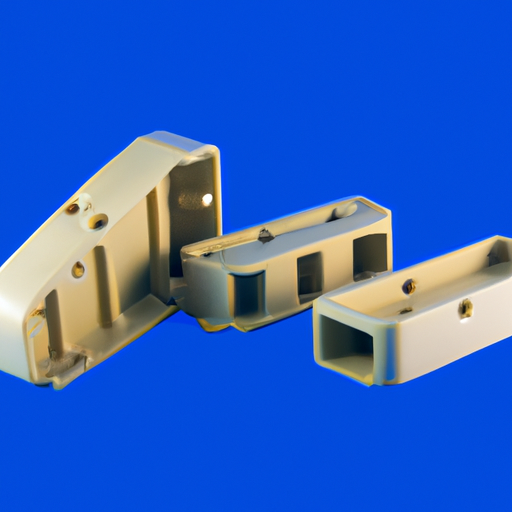The Importance of Instrument Plastic Components in Manufacturing

The Importance of Instrument Plastic Components in Manufacturing
In the world of manufacturing, instrument plastic components play a crucial role. These components are used in a wide range of industries, including automotive, aerospace, electronics, and medical. They are essential for the production of various instruments and equipment, providing durability, flexibility, and cost-effectiveness.
One of the key reasons why instrument plastic components are so important is their versatility. Plastic can be molded into different shapes and sizes, allowing manufacturers to create customized components for specific applications. This flexibility is particularly valuable in industries where precision and accuracy are paramount, such as medical devices and aerospace equipment.
Moreover, plastic components offer excellent durability. They can withstand harsh environmental conditions, including extreme temperatures, chemicals, and UV radiation. This makes them ideal for use in outdoor equipment, automotive parts, and electronic devices that are exposed to various elements. Plastic components also have a high resistance to impact and wear, ensuring their longevity and reliability.
Another significant advantage of instrument plastic components is their lightweight nature. Compared to metal components, plastic parts are much lighter, making them easier to handle and transport. This weight reduction can have a significant impact on the overall performance of the instrument or equipment. For instance, in the aerospace industry, reducing weight is crucial for improving fuel efficiency and increasing payload capacity.
Furthermore, plastic components offer cost-effectiveness. The manufacturing process for plastic parts is generally less expensive than that of metal parts. Plastic injection molding, for example, allows for mass production at a lower cost per unit. This cost advantage is particularly beneficial for industries that require large quantities of components, such as automotive manufacturers.
In addition to their functional benefits, instrument plastic components also contribute to sustainability efforts. Plastic can be recycled and reused, reducing waste and minimizing the environmental impact. Many manufacturers are now incorporating recycled plastic materials into their production processes, further promoting sustainability and reducing their carbon footprint.
| Product Name | OEM Plastic injection molding Parts |
| Technology | Foaming / Ordinary Injection / Structual Foam Molding / Over-Molding / Gas Assisted Injection Molding |
| Our Services | OEM/ODM |
However, it is important to note that not all plastics are created equal. Different types of plastics offer varying properties and characteristics. Manufacturers must carefully select the appropriate plastic material for each component, considering factors such as strength, temperature resistance, and chemical compatibility. This ensures that the final product meets the required specifications and performs optimally in its intended application.

In conclusion, instrument plastic components play a vital role in manufacturing across various industries. Their versatility, durability, lightweight nature, and cost-effectiveness make them indispensable for the production of instruments and equipment. Plastic components offer numerous advantages, including customization options, resistance to harsh conditions, and reduced weight. Additionally, they contribute to sustainability efforts through recycling and reuse. However, it is crucial for manufacturers to select the right plastic material for each component to ensure optimal performance. With their many benefits, instrument plastic components continue to be an essential part of the manufacturing process.



